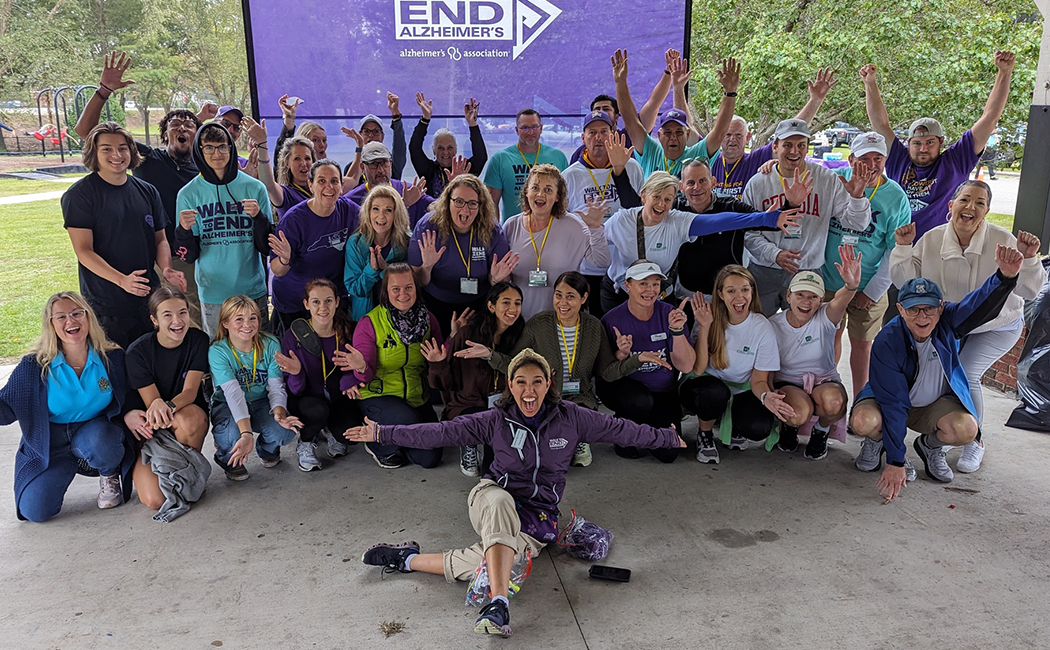VA’S ROLE IN MIGRANT MEDICAL CARE DRAWS SCRUTINY FROM ADVOCATES AS BORDER CRISIS INTENSIFIES
Author: Adam Shaw
Originally Published in Fox News
A long-standing arrangement between the Department of Veterans Affairs and Immigration and Customs Enforcement (ICE) to process claims for migrant medical care is drawing scrutiny from veterans’ advocates — who are concerned that it could affect the agency’s mission of caring for veterans — amid an ongoing border crisis and existing complaints about the care delivered to veterans.
“I’d like to understand why the VA is involved,” Russ Duerstine, executive director of Concerned Veterans for America and a veteran of the United States Air Force, told Fox News Digital.
When an illegal immigrant under ICE detention requires healthcare, they are typically treated on-site by medical professionals. However, if specialist or emergency care is required, they may be transported to an independent private provider.
In such cases, ICE contracts with the VA’s Financial Service Center (VA-FSC) to process reimbursements to those providers. According to a report from July, ICE has hundreds of letters of understanding in which ICE’s Health Service Corps (IHSC) will reimburse providers at Medicare rates. That uses the VA-FSC’s Healthcare Claims Processing System — a portal that allows providers to submit and view claims and access other resources.
The arrangement long predates the Biden administration. It was outlined in a 2020 memo during the Trump administration, and the VA told Fox News Digital that it has an interagency agreement with the IHSC since 2002 to provide processing. The agency stressed that it is not the VA that either provides healthcare or pays for it.
“VA does not provide or fund any health care services to individuals detained in [ICE] custody. At no time are any VA health care professionals or VA funds used for this purpose,” VA press secretary Terrence Hayes told Fox News Digital. “[IHSC] provides and pays for all health care services for individuals detained in its custody.”
Hayes said the FSC, which is part of the VA’s Office of Management, is a “franchise fund organization that offers medical claims processing services to VA and other government agencies.” Under the agreement with IHSC, ICE pays fees for the claims processing services rendered and covers disbursements made to pay for claims.
“IHSC is solely responsible for the authorization of health care services and obtaining the providers to deliver the health care,” he said.
In a statement, ICE also said that the VA does not provide or fund any services to ICE detainees, instead providing funding to the VA-FSC for reimbursements, and that IHSC executed an operating budget of nearly $352 million on the “spectrum of healthcare services” to people in ICE custody in FY23.
But the arrangement has surprised some advocates for veterans, as well as ICE and Border Patrol agents Fox News Digital spoke to who are themselves veterans. VA officials were also asked about the arrangement at a Senate hearing last month by Sen. Jerry Moran, R-Kan., and said they were not aware of it.
Darin Selnick, who served as veterans’ affairs adviser on the Domestic Policy Council during the Trump administration and also as a senior adviser to the VA secretary, said the arrangement was also a surprise to him and others he knew who served during the administration. He believes it would have been stopped if it was more widely known among officials.
“In my position, we would have stopped this, because if the VA had the extra ability to do this, then they should have been doing it for the veterans and not for another agency,” he said.
Duerstine, of Concerned Veterans for America, said he would like to see Veterans’ Affairs committees in Congress take a deeper look into the VA’s role.
“That is the solution we need to have,” he said.
It also comes amid a historic crisis at the border, which saw more than 2.4 million migrant encounters by authorities at the southern border — although the Biden administration has moved away from detaining immigrants, including family units.
But it also comes amid ongoing tensions between veterans’ advocates and the VA over the use of community care, with the VA indicating they want to encourage the use of VA facilities rather than the use of independent providers and reimbursement. Video from an August employee town hall provided to Fox showed Under Secretary of Veterans Affairs for Health Shereef Elnahal telling employees that the goal is to “reduce our reliance on community care” by maximizing care at VA facilities. He told employees to “press the easy button less with community care.”
“We should be relying on ourselves first and foremost more than anybody else,” he said, adding that “unless we maximize the number of veterans we see while also preventing burnout to the extent that we can, we cannot meet the mark for what veterans deserve.”
The VA has pushed back on claims that it is not providing adequate health care, pointing to statistics showing it provided the most health care appointments to veterans in VA history and trust scores reached 91%. Additionally, there were more than 44 million appointments via community care, the most in the agency’s history.
It has also highlighted high ratings of VA healthcare facilities, outpacing non-VA facilities, and a review of studies that suggest VA care is as good as, or better than, non-VA hospitals.
But the VA has also been struggling with burnout, and broader concerns about staffing shortages and backlogs in processing claims. Duerstine said the VA-ICE arrangement would probably be less of an issue if “the VA was not letting veterans down.”
“That is the real issue, veterans not getting health care they deserve through community care and being blocked every step of the way. There’s no excuse for it,” he said.
Selnick said there was a “history of a backlog of medical claims which has resulted in veterans getting bills they shouldn’t be getting, and… having dissatisfied community care providers who are not getting paid in a timely manner.”
“So when you’re talking about health care and you should be simply talking about supporting the VA mission for veterans’ health,” he said.
A Border Patrol agent who spoke to Fox said that they had personally received good community care but other veterans they knew were struggling to access it, while illegal immigrants weren’t having that problem.
“They get pretty much not what they want, but pretty much what they need, whether it’s a specialist…they get it,” the agent said.
The agent also highlighted low-income veterans who were facing additional struggles: “And we’re here helping everybody else, in our own backyard.”
An ICE agent who is also a veteran told Fox News Digital they had repeatedly struggled to access community care for certain health care services — including for services like neurology — and were frustrated that illegal immigrants were able to be seen in the community by providers.
“We served in the military in this country and we have these benefits to use in the VA, and I pay an exorbitant amount of taxes to this country and I can’t even get seen for basic needs,” the agent said. “But illegals can, they can literally cross the border with all these preexisting medical injuries or illnesses or whatever they have going on, and they literally walk right into a primary care doctor or specialty care doctor and get whatever services they need.”









